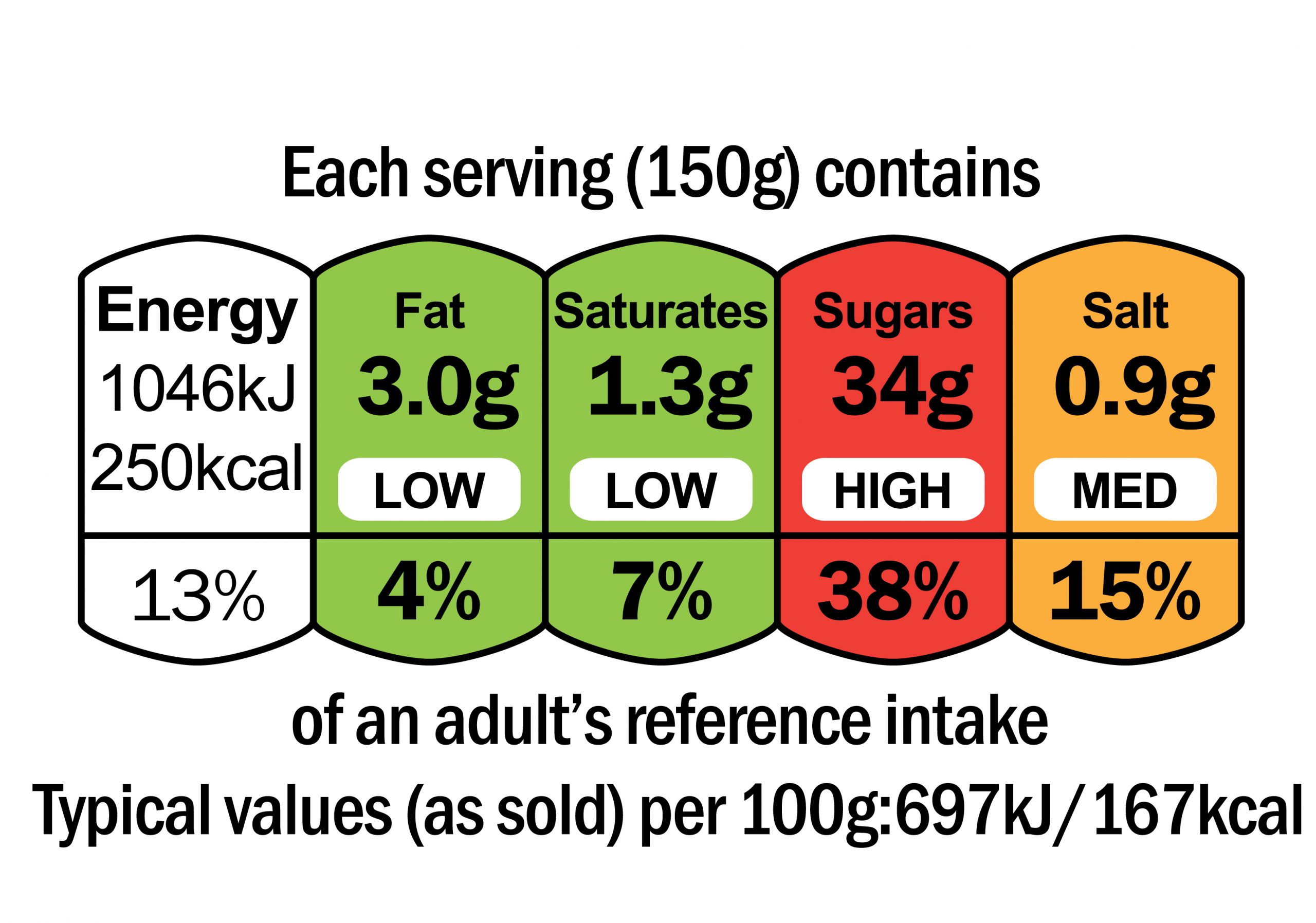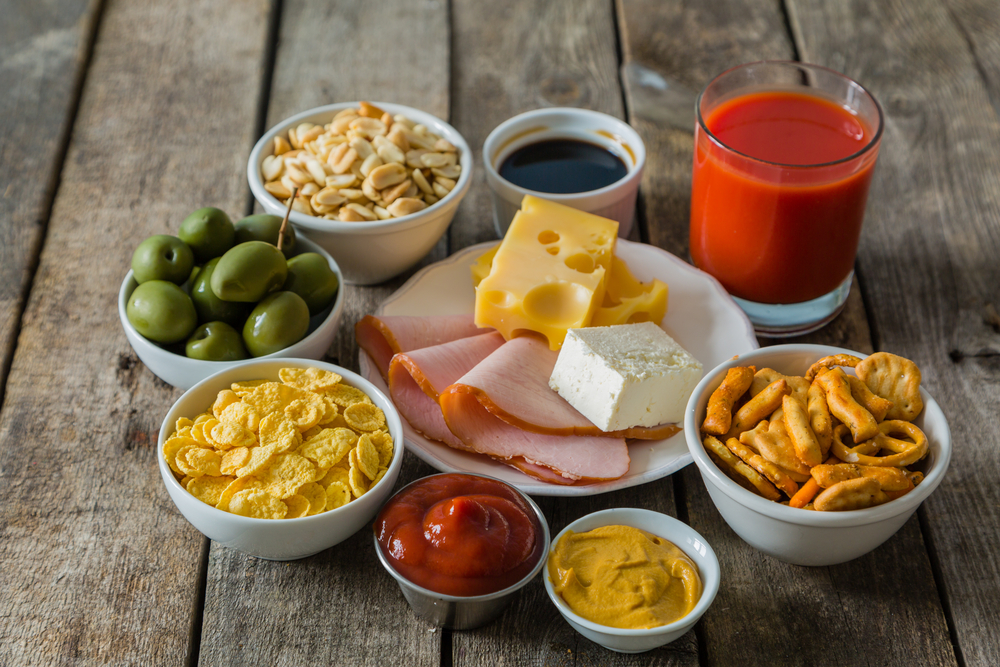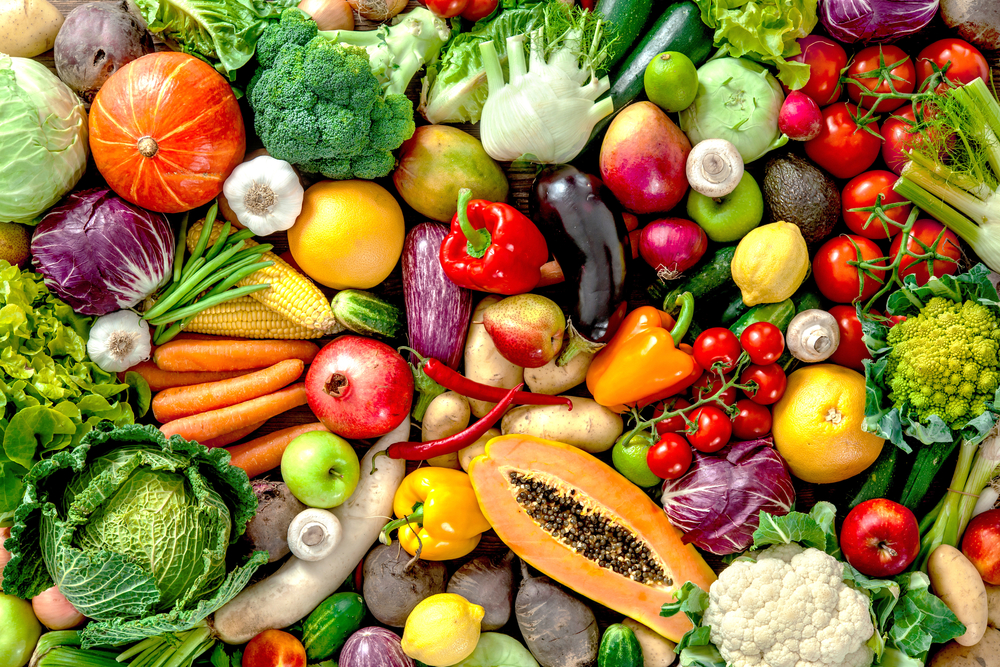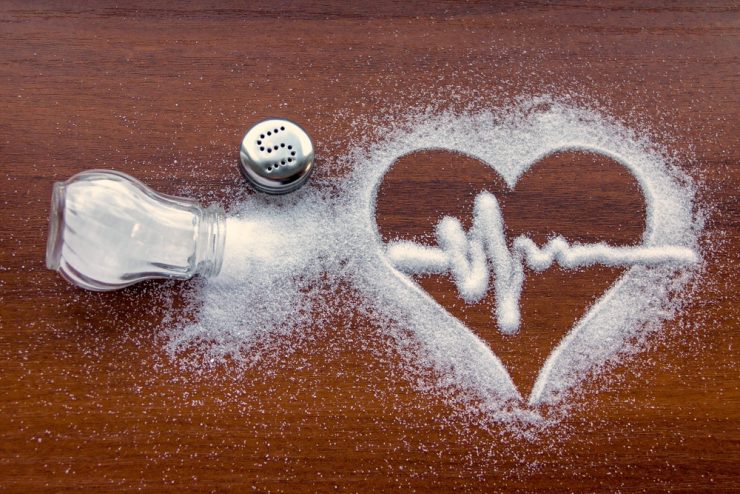“I have slightly raised blood pressure for which my GP is advising medication but I am not keen to go down this route until I’ve examined my diet. I’ve read a lot about the link between salt and high blood pressure and wonder if this could be a factor? Can you advise?”
Clinical nutritionist, Suzie Sawyer, answers.
This is a great question and interestingly it coincides with National Salt Week in the UK (March 8th-14th). High salt intake can harden the arteries, making the heart work harder to pump blood through, leading to a rise in blood pressure. It also causes the body to hold onto water in order to dilute the salt, again raising blood pressure. Not everyone is ‘salt sensitive’ but it’s certainly worth reducing your intake to see if it makes a positive difference. UK Government guidelines recommend no more than 6g of salt intake daily.
Food labelling:

It’s important to look at food labelling to check on salt content and some readings may surprise you. For example, it was recently widely reported that two portions of MacDonald’s fries contained less salt than one crumpet from a well-known brand![i] Additionally, many shop-bought soups contain more salt than five or more packet of crisps.
Foods to avoid:

There are certain foods that are definitely best avoided or reduced including stock cubes and gravy granules, tinned and packet foods, tomato ketchup and paste and pre-prepared pizza.
Foods to include in your diet:
Base your diet around plenty of fruits and vegetables, which are loaded with antioxidants and have a protective effect on the heart and arteries. Be especially wary of breakfast cereals, which are often high in salt (and sugar). Instead switch to whole grain porridge oats for a sustaining breakfast.

Bean-based meals (you may need to pre-soak the beans), lentils, lean meats, poultry, eggs, and oily and white fish are high in protein and low in salt. Foods to also include on a low-salt diet are asparagus (it has a diuretic effect), strawberries (high in antioxidants) and grapefruit (negligible salt content). Look out for seaweed flakes, which can be added to dishes for salt flavouring because they’re rich in potassium salts, which have a positive effect on heart health.
Swap your table salt for low sodium versions and add flavour to foods with plenty of herbs and spices such as garlic, ginger, turmeric, cinnamon, basil and rosemary – you’ll feel less need to pile on the salt.
Breaking the cycle:
It’s also amazing how you can re-train you taste buds not to crave a salty taste. Just like sugar, once you’ve broken the cycle, your taste will adjust, and you’ll be satisfied with less. Hopefully over the next couple of months, you’ll notice a difference in reduced blood pressure readings, not just because of a lower salt intake but a diet higher in antioxidants too.
For more information visit the Action on Salt website.
[i] http://www.actiononsalt.org.uk/media/action-on-salt/news/surveys/2020/Action-on-Salt-Technical-Report-Crumpets_Dec20.pdf
























Add comment